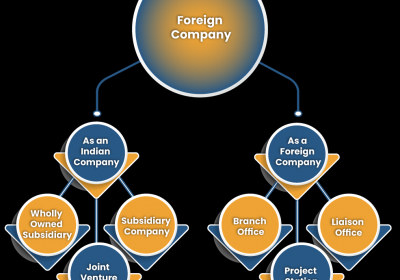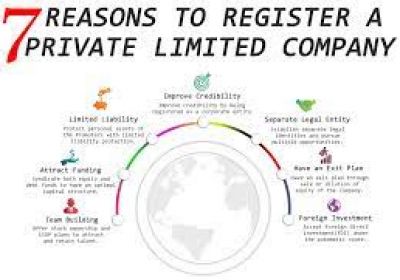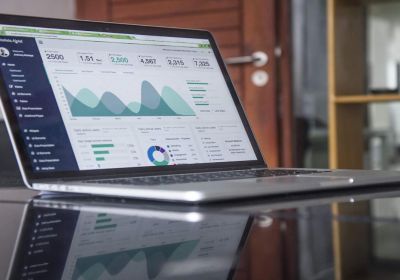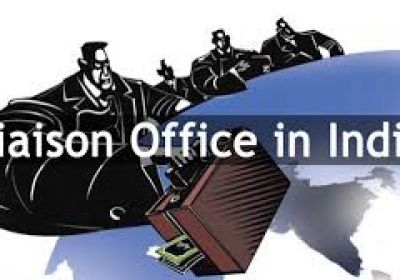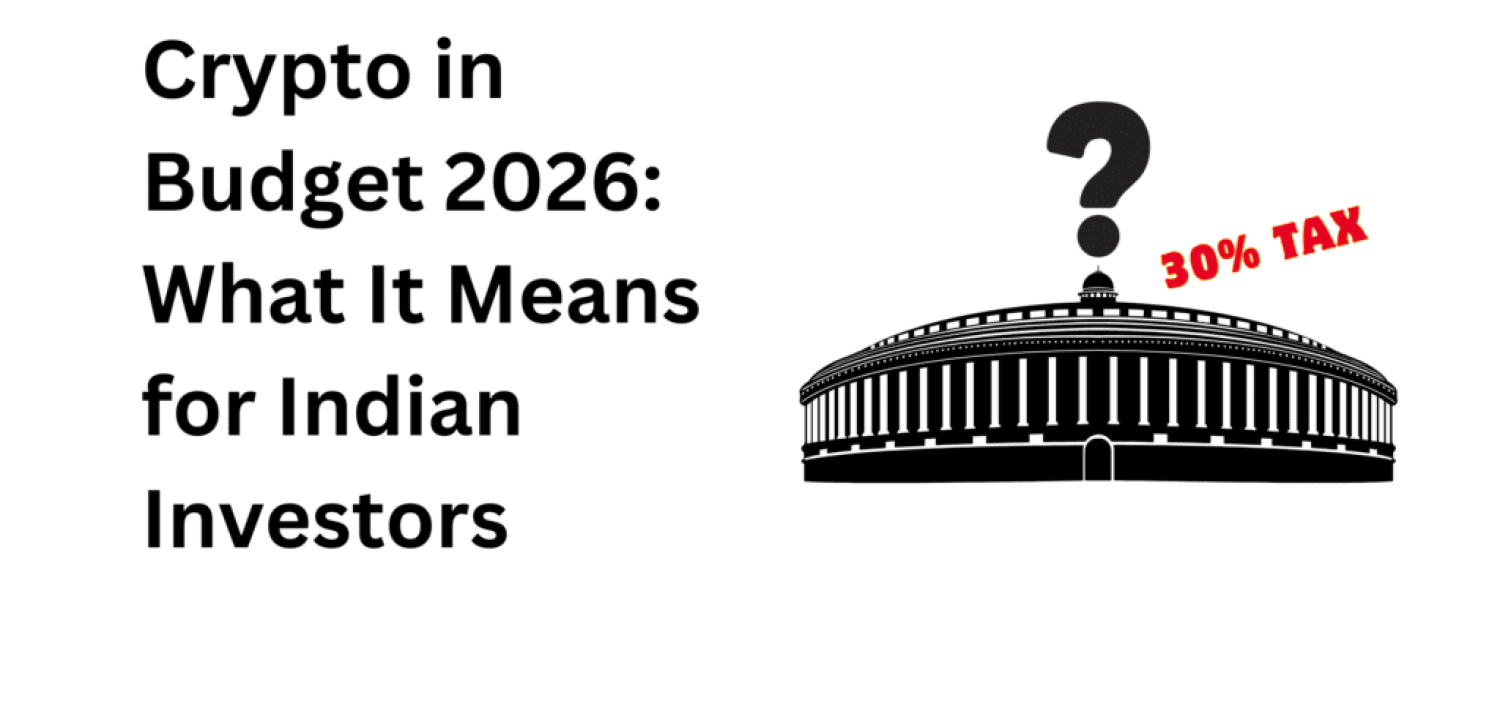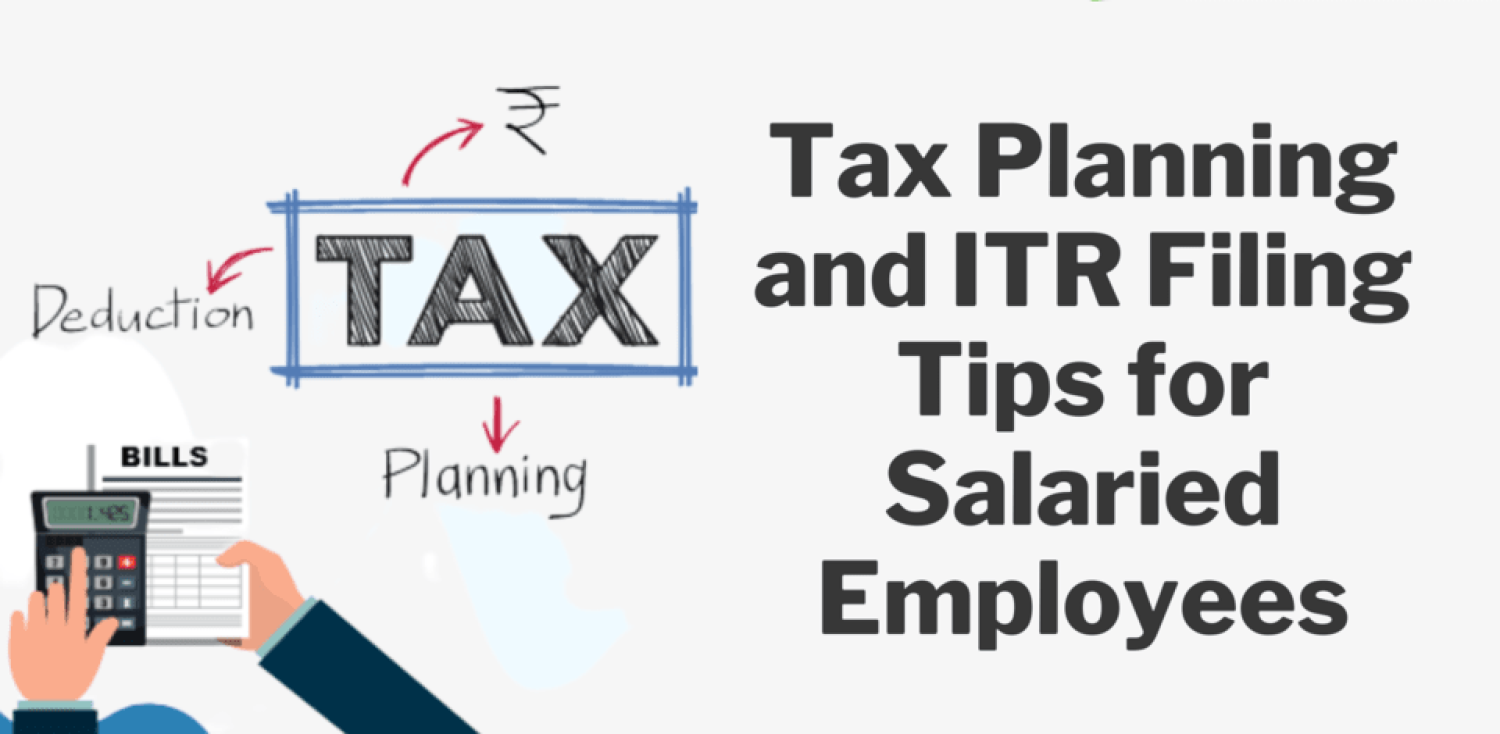Table of Contents
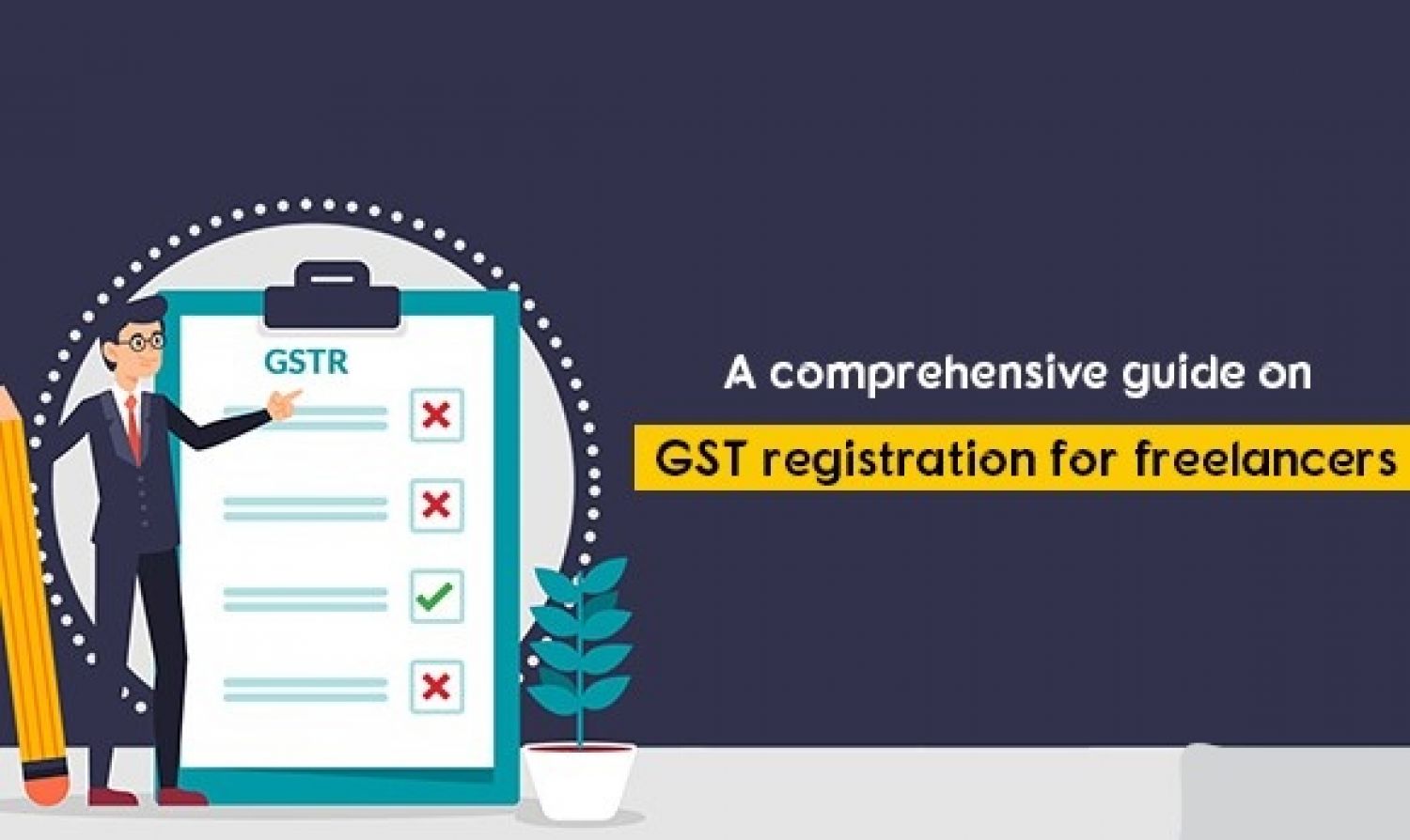
BRIEF INTRODUCTION
Freelancers seek a flexible lifestyle, where people are not bound to 9 to 5 jobs. Freelancers can pursue their other interests, having more family time and thus, is simply a way to avoid a tedious routine. As per the income tax laws, freelancers are also liable to pay taxes on the income earned and the same to be treated, just like other salaried or business taxpayers.
FREELANCING INCOME
Freelancing income generally includes the amount of income received by a person, for working on a specific assignment for a specific term. Thus, the said person will be hired for a particular project and be free to go once the project is completed. They will not be an employee of the company or be paid a fixed amount of salary every month, they receive their payment, only once the specified assignment is completed. The said person will not be provided with any of the perks, but he/she is not required to go to the office and can work from the place of their leisure.
Any income earned by displaying any intellectual or manual skills shall be termed as the income from profession according to income tax laws in India. Thus, such income will be taxable under the head of income from Businesses or Professions. The gross total income will be the aggregate of all payments received while performing such tasks as specified as a profession.
ALLOWABLE DEDUCTIONS
Freelancers are allowed to deduct the expenses they incurred while performing their tasks. These expenses could include office furniture, riding fares incurred to visit clients. The main nature of these expenses is that they should be directly related to the job from which the freelancer is earning income.
CONDITIONS
- The expenses, to be claimed as deductions, have been made in respect of freelancing work carried out.
- These expenses have been spent fully and exclusively for the specified work only.
- The said expenses have been incurred during the financial year, in which tax is levied on the income.
- The expenses are not of the nature of capital or a personal expenditure of the freelancer.
- These expenses must not be incurred for any purpose which is termed as an offense or is prohibited by law.
GENERAL EXPENSES ALLOWED AS DEDUCTIONS
- RENT OF PROPERTY: Where the freelancer takes a property on lease to carry out any work related to the main purpose, the rent paid on such property be provided as a deduction.
- REPAIRS TO PROPERTY: Where any repairs are made to the rented property, then these repair costs can be deducted from the income. In the case of the owned property also, any repairs carried out on such property, is also allowed to be deducted
- DEPRECIATION: Where any capital asset is purchased and the benefit of such an asset is usually expected to last more than a year, then such cost of purchase is not allowed fully in the year of purchase. Rather, a small portion of its cost is allowed every year, and the same is named as depreciation.
- OFFICE EXPENSES: Expenses incurred in relation to purchasing a printer, office supplies, monthly telephone bills, internet bills, and conveyance expenses can be claimed as a deduction.
- TRAVEL EXPENSE: Any sought-of cost incurred by the freelancer, in respect of travel to meet their clients within or outside of India is also allowed as a deduction.
- MEAL, ENTERTAINMENT, OR HOSPITALITY EXPENSES: Where in respect of any client meeting, the freelancer takes their clients out for dinner, or some other outings, the money solely spent in relation to getting new business or retaining existing business, shall be allowed as deductions.
- LOCAL TAXES AND INSURANCE CHARGES; Freelancer is also allowed to claim deductions in respect of the local taxes and insurance taxes paid in respect of the business property.
- DOMAIN REGISTRATION AND APPS PURCHASED: Any type of licensing and apps used/purchased for their product testing or run feasibility, these expenses are also allowed.
EXPENSES INCURRED FOR PERSONAL AND PROFESSIONAL USE
Any sought of expenses incurred in respect of any asset, the uses of which accrue to both personal and professional purposes, shall not be fully allowed. Only some portion of these expenses and depreciation is allowed as a deduction.
EXPENSES DISALLOWED
The following expenses are not allowed to be deducted from the income by the freelancer. These are -
- Income Tax paid by the freelancer during the respective financial year.
- Any amount paid as interest or penalty or fine for non-payment or late filing of ITR.
- Any payment made to a relative that can be spouse, lineal ascendant, and descendant of the freelancer and spouse or any other person having at least 20% or more of share in the business, for the purchase of goods, facilities, or services, where such payment is
- Not in line with the fair market value of that good or service.
- Not a requirement of the respective profession.
- Such expenses finally result in providing benefits to the freelancer.
4. Any expense paid in cash in excess of Rs 10,000, in a single transaction.
BASIS OF ACCOUNTING
BASIS |
ACCRUAL/MERCANTILE BASIS |
CASH BASIS |
|
RECOGNITION OF INCOME |
INCOME IS RECOGNIZED WHEN IT ACCRUES OR BECOMES DUE TO BE RECEIVED. |
INCOME IS RECOGNIZED WHEN INCOME IS ACTUALLY RECEIVED. |
|
ACCOUNTING OF EXPENSES |
EXPENSES ARE ACCOUNTED FOR WHEN THE OBLIGATION TO MAKE THE PAYMENT ARISES. |
EXPENSES ARE ACCOUNTED, WHEN THEY ARE ACTUALLY PAID. |
|
TAXABILITY |
TAX LIABILITY ARISES WHEN THE INCOME ACCRUES, AND NEED NOT NECESSARILY BE RECEIVED. |
TAX LIABILITY ARISES WHEN THE INCOME IS ACTUALLY RECEIVED. |
|
APPLICATION ON DIFFERENT HEADS OF INCOME |
THIS APPROACH IS APPLIED ON ALL HEADS AND IS COMPULSORILY APPLIED TO INCOME FROM SALARY, HOUSE PROPERTY, AND CAPITAL GAINS. |
THIS APPROACH IS ALLOWED ON INCOME FROM BUSINESS/PROFESSION AND INCOME FROM OTHER SOURCES. |
|
EXAMPLE |
WHERE AN INVOICE FOR A TRANSACTION HAS BEEN RAISED ON 1ST MARCH 2021 AND THE PAYMENT IS RECEIVED ON 6TH JUNE 2021, THE INCOME BE RECOGNIZED ON 1ST MARCH 2021 AND BE TAXED IN THE FY 2020-21. |
IN THE SAID EXAMPLE, THE INCOME WILL BE RECOGNIZED ON 6TH JUNE 2021 ON A CASH BASIS AND THE SAME BE TAXED IN THE FY 2021-22. |
Note – The accounting method applied on one transaction, be applied constantly for all clients, revenues, expenses, and transactions.
CHOICE OF ACCOUNTING METHOD
Generally, it appears that the cash basis of accounting methods helps in the reduction of tax liability. But in reality, it is just the postponement of tax liability.
Once a method of accounting is selected, the same be applied regularly, in every transaction. A freelancer cannot change the method of accounting often with the intention to save taxes or avoid taxes.
Many experts believe that it is more logical to follow the Accrual Basis unless the receipts are irregular, uncertain, or unpredictable. The Income Tax Act provides for specified books of accounts to be maintained by the freelancer for the purpose of Income Tax. These accounts have been prescribed under section 44AA and Rule 6F of the Income Tax Act,1961.
TAXABLE INCOME AND LIABILITY
A person undertaking freelancing activities can reduce their tax liability by claiming all the deductions under Section 80.
Under the Income Tax Act, 1961, the Net Taxable Income = Gross Taxable Income – Deductions allowed
Under section 80C, a deduction up to Rs.1.5 lakh can be claimed by investing the amount in the activities specified under the section.
ADVANCE TAX PAYMENT
Where the total tax liability of a person during a financial year exceeds Rs.10,000, the respective taxpayer is required to pay taxes every quarter, and the same is termed as an advance tax payment.
Calculation of advance tax -
- The person needs to add up all their receipts and determine their total income from the freelancing business.
- The income determined in step 1 be reduced by the sum of expenses allowed to be deducted.
- In the amount determined in step 2, add income from other heads.
- Determine the tax slab applicably and calculate the tax liability.
PAYMENT STRUCTURE OF ADVANCE TAX
DUE DATE |
PAYMENT STRUCTURE |
|
ON OR BEFORE 15TH JUNE OF THE RESPECTIVE FINANCIAL YEAR |
AT LEAST 15% OF ADVANCE TAX LIABILITY |
|
ON OR BEFORE 15TH SEPTEMBER OF THE RESPECTIVE FINANCIAL YEAR |
AT LEAST 45% OF ADVANCE TAX LIABILITY, AS REDUCED BY THE AMOUNT PAID IN THE LAST INSTALLMENT. |
|
ON OR BEFORE 15TH DECEMBER OF THE RESPECTIVE FINANCIAL YEAR |
AT LEAST 75% OF ADVANCE TAX LIABILITY, AS REDUCED BY AMOUNT PAID TILL THE LAST INSTALLMENTS. |
|
ON OR BEFORE 15TH MARCH OF THE RESPECTIVE FINANCIAL YEAR |
100% OF ADVANCE TAX LIABILITY, AS REDUCED BY AMOUNT PAID TILL THE LAST INSTALLMENTS. |
PAYMENT OF ADVANCE TAX
There are two ways in which a taxpayer can make payment of the advance tax liability. These are –
- The payment can be made online through the IT Department’s website.
- Secondly, they can fill out a paper challan and deposit the said tax challan by visiting the bank from which the payment is made.
The Income Tax Return -4 (ITR-4) form applies to you.
ITR-3 or ITR-4 is the income tax form that freelancers and consultants must complete and submit. ITR-3 is a tax form that is used to report earnings from a business or profession. Professionals can choose presumptive taxation and disclose 50% of their gross revenues as income by submitting ITR-4 starting in AY 2017-18 (FY 2016-17). For freelancers and independent consultants, RJA offers cheap price levels. We not only make it simple, but we also allow you to deduct our costs from your earnings and claim them as an expense.
ARE YOU A FREELANCER PROVIDING SERVICES TO CLIENTS OUTSIDE INDIA?
Normal tax regulation for freelancers: According to the Income Tax Act, all earnings you earned as a freelancer are counted under the heading of "PGBP." If you have a turnover or gross revenue of more than INR 50 lakhs in a financial year, you'll need to keep track of your records. These books will also need to be audited. You can use a presumptive taxation scheme if your gross receipts are less than INR 50 lakhs.
Presumptive Taxation for Freelancers: By keeping the assumed figure at 50%, this strategy spares you of the laborious work of bookkeeping. This means that when you compute your income under the presumptive approach, you can assume that half of your gross earnings are to be considered income. Taxes on earnings
What if you have clients from other countries?
What happens if you're working for clients in another country? If you get money from clients who are based in another country, you can get it directly deposited into your bank account or through services like PayPal. There are two situations worth mentioning here:
If the money you have received was already subject to a TDS, then you will not have to charge it as taxable income. This is due to the fact that the provision of the
Double Tax Avoidance Agreement (DTAA): It will be taxed 2 times if the receipt you get has already been processed for tax at source and you then pay tax in India. To prevent this from happening, India and 80 other nations have joined the DTAA. Overall, your money must be taxed in the country of origin or the nation of the resident. With that in mind, if TDS was deducted in the source nation, you do not have to include it in your taxable income.
If the TDS was not deducted from the remittance, you will handle this revenue as you would any other freelancing revenue, regardless of the geographic boundaries from which it was sent. As a result, your professional fees from the overseas customer should be handled the same as any other money you earn in your own country.
To get at the ultimate amount of your freelance income, you must sum up all of your earnings, whether from clients in India or abroad, and compensate for expenses incurred while freelancing.
TDS is deducted from your payment.
Section 194J of the Income Tax Act requires you to deduct 10% TDS (Tax Deducted from Source) from every professional service you provide. You, too, can get a TDS return, just like your salaried colleagues. Click here to learn more about how to claim and check your TDS refund.
Expenses can be claimed reduces tax liability.
To lower your tax bill, you might claim the costs you incur while working. Rent, repairs, depreciation, office expenditures, travel expenses, and even dining, entertainment, and hospitality charges all fall under this category. Each of these heads has been discussed in greater detail.
TDS RETURN
It is also common that freelancers get their payments after deducting the TDS applicable on such payments. Similarly, freelancers will also be required to deduct tax at the source before making a payment.
Where the annual turnover of a freelancer exceeds Rs 50 lakh during the FY, they are required to get their accounts audited and in such a case, they need to deduct TDS on every payment made. Otherwise, there is no need to deduct tax at the source.
PENALTY FOR DELAY OR NON-COMPLIANCE
It is to be noted that interest penalty @1% is levied for each month of default and part thereof under Section 234B and Section 234C, where the taxpayer does not pay the advance tax on and before the due date prescribed.
Advance tax payments are required to be made fully by the end of 31st March of the respective financial year.
Section 234B is applied on defaults where the full amount of advance tax is not paid by 31st March and section 234C is applicable when interest is not paid between the prescribed due date.
PROVISIONS UNDER GST FOR FREELANCERS
GST ON FREELANCERS
India has established itself as a hub for dedicated freelancers, resulting in a steady increase in the freelancing industry. However, it goes without saying that this is an unorganized industry with few, if any, clear and precise laws and regulations. Professional freelancers of various professions, bloggers, and consultants make up the country's freelancing industry.
Freelancer activities were used to attract VAT & Service Tax before the introduction of GST. However, these taxes have been replaced by GST, and now the same is paid on both the goods and services supplied under freelancing activities.
Freelancing has provided a forum for people to showcase their talents and be their own boss across a wide range of hobbies, from travel and food to technology and fashion. With the adoption of GST, there has been a lot of confusion, and the new tax rules and regulations for this market have been ambiguous.
FREELANCERS IN INDIA
Throughout time, the freelance sector has proven to be one of the industry's highest revenue generators. As a result, it had to be taxed under the legislation. It is well knowledge that freelancers must register for GST and pay an 18% Goods and Services Tax on any money derived from these services. This applies to those with an annual income of more than INR 20 lakhs. Learn more about the GST turnover cap.
GST Registration for Freelancers – Exporting Services
As per Section 24 of the Central GST Act, everyone who earns money from sources outside the country or state is required to register for GST, and there is no threshold limit. To be more specific, the INR 20 lakh exemption is only applicable to small businesses that generate revenue from clients and entities located within the state.
As a result, every freelancer who exports services outside of the state or country and makes revenue from them must register for GST, regardless of any exemption restrictions. Freelancing services are classified as database access and online information in the GST legislation enacted by the government.
It is to be noted that where the aggregate turnover from freelancing work does not exceed Rs. 20 lakhs (Rs 10 lakhs in special category states),
GST application does not apply. Freelancers are also eligible to apply for the composition scheme, provided they are only into selling goods only.
Where the aggregate turnover exceeds the exemption limit, the freelancers are required to take registration under GST, in the state in which they are undertaking such activities.
PENALTIES
If a freelancer fails to register for GST, he or she would be subject to fines. Non-registration carries a penalty of up to INR 25,000 while failing to file GST returns has a penalty of INR 100.
PLACE OF SUPPLY
The place of supply is usually the same as the service recipients. Under the below circumstances, the service recipient is regarded to be in India.
- If the service recipient submits evidence of location online, they are well within the taxable territory.
- Debit cards, credit cards, smart cards, and value cards may be used if the taxable territory has issued a method for making payment settlements.
- If the service recipient's billing address is well within the taxable territory.
- If the service recipient's device's IP address is located within the taxable territory.
GST PAYMENTS
GST payments can be made both online and offline, but where the GST tax liability exceeds Rs.10,000, the same be compulsorily paid online. GST is required to be deposited to the government either quarterly or monthly based on the turnover and the choice of composition scheme of the business.
Interest penalty is levied for any delays in depositing GST tax with the government.
GST RETURNS
Since the taxes are paid either monthly or quarterly, the GST returns will therefore be filed quarterly or monthly, depending on the payment of tax. Composition scheme taxpayers are required to file quarterly returns.
CLAIMING OF GST REFUND
- Here's a basic overview of how a freelancer can get a GST refund. Within two years on the date of service export, file Form GST RFD-01.
- Under Form GST RFD-02, the form is submitted and examined by the appropriate authorities, who issue an acknowledgment within 15 days.
- If authorized, the appropriate department will commence a refund within sixty days of the date of application.


